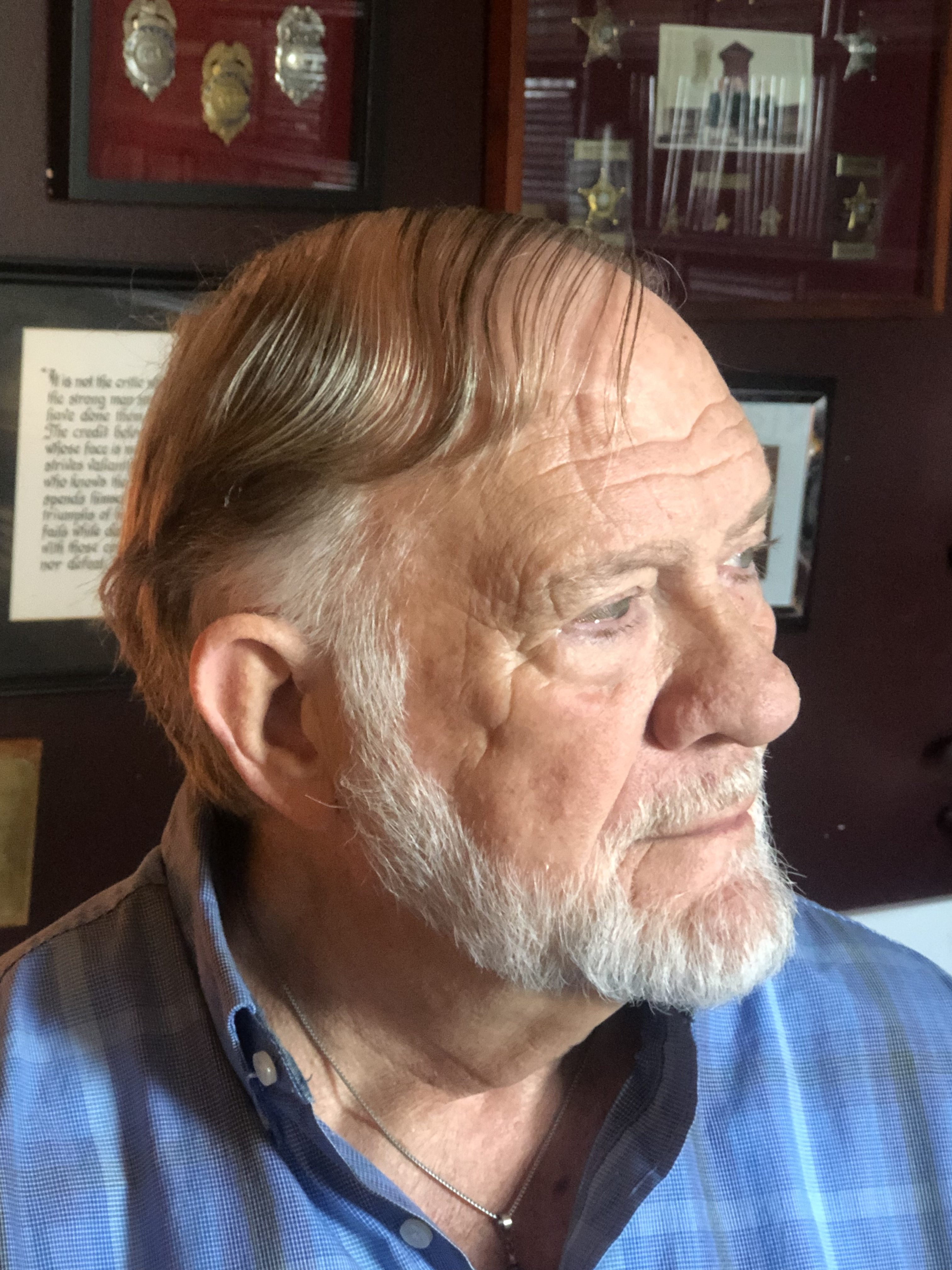Who was the Black-Robed regiment?
Published 6:01 pm Wednesday, January 5, 2022

- Noted writer and columnist Keith Throckmorton
|
Getting your Trinity Audio player ready...
|
The Black Robed Regiment was the British’s name on the courageous and patriotic American Clergy during America’s founding period. This identification distinguished the robes that these Clergy wore during the period. The British blamed the Black-Robed Regiment for American independence, and justifiably so.
Interestingly, the British respectfully referred to this Clergy as a “regiment.” A regiment is a permanent unit of an army commanded by a colonel. The British recognized the overall impact of the Black-Robed Regiment in the war against England.
The Black-Robed regiment of the Revolutionary Period were bold men of God who bravely spoke out concerning the day’s issues. The name was given to pastors, especially in colonial America that was very instrumental in America winning its independence. They were called the Black-Robed Regiment because they would get in their pulpits wearing their long black clerical robes every Sunday, which preachers would preach that day.
They were greatly respected in their roles as they would boldly preach the Word of God without fear or favor. These men of God would get in their pulpits, and they would tell their congregations what or who they should or should not vote for in elections. These Clergy understood that great citizens must have a great government. To have great citizens means having great people rooted in the foundation of the Word of God.
Every week, this Clergy expounded upon the principles of the proper role of government and individuals’ appropriate role, all underneath the kingship of the Lord Jesus Christ. The Black-Robed Regiment was entirely dedicated to their calling from God as ministers, without fear or compromise.
In addition to their Sunday pastoral roles, these Black-Robe Regiment Clergy were most visible outside
of their pulpits; they were leaders and highly respected in their communities. They served as military chaplains, as penmen for committees of correspondence, and as members of state legislatures, constitutional conventions, and the national Congress. Some ministers even took up arms, leading Continental troops in battle.
The clergy of that period were bold men of faith, serving God, and they realized that as shepherds of their flocks, they had to step up, lead, and get politically involved in defeating their enemy. As a result, more than one hundred ministers served through the Revolutionary War, and Christianity became more robust and influential.
Most Americans are pretty familiar with the Declaration of Independence. Few Americans know of the “Declarers of Independence,” those noble and patriotic ministers of the Black-Robed Regiment who fanned the flames of liberty with the pages of Holy Writ. To them, the “Spirit of 1776” was the third person of the Trinity who sought to protect religious freedom through the founding of a new nation “conceived in liberty.”
These faithful shepherds prepared their flocks to wage war against the wolves of tyranny and injustice through the use of the most potent weapon available in the American armory, the pulpit. Their sword was the word of God. Their battle cry was, “No king but Jesus.”
At the bottom of the original Declaration of Independence, the Continental Congress ordered the first copies of the Declaration to be sent to parish ministers, who must read it to their congregations.
The British recognized the American pulpit as primarily responsible for American independence and government, and our own leaders also agreed. For example, John Adams, Founding Father and 2nd President of The United States, rejoiced that “the pulpits have thundered.”
The Black-Robed Regiment set the standard by their service to God, country, and fellow man.
Keith Throckmorton, Fairfax County Police (Ret), is an accomplished writer and columnist can be reached at kandpthrock@gmail.com




